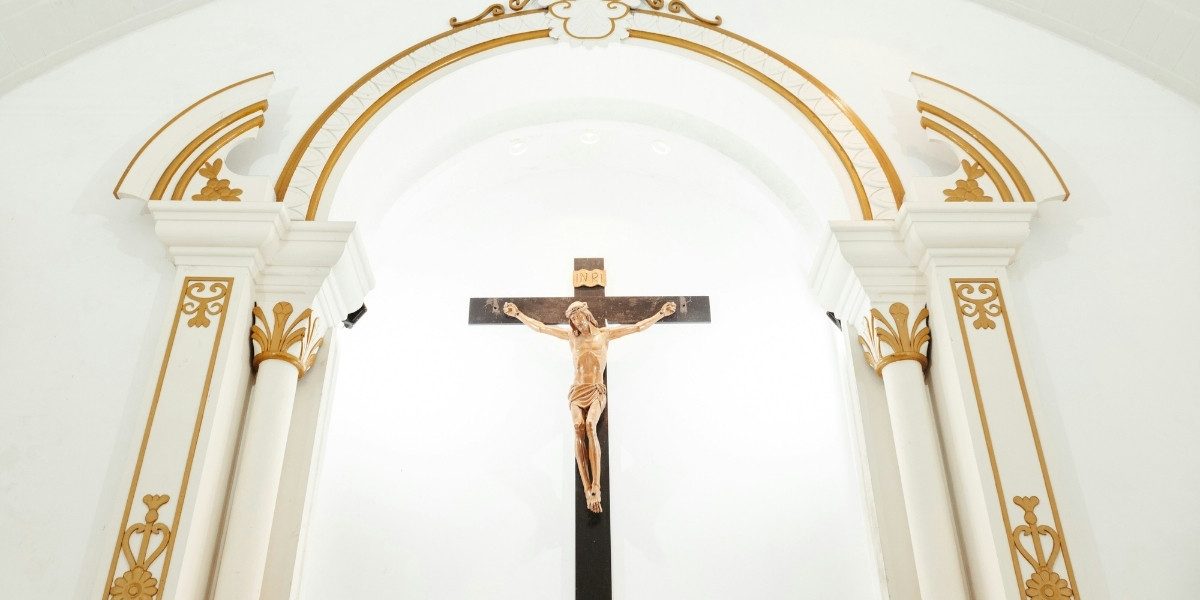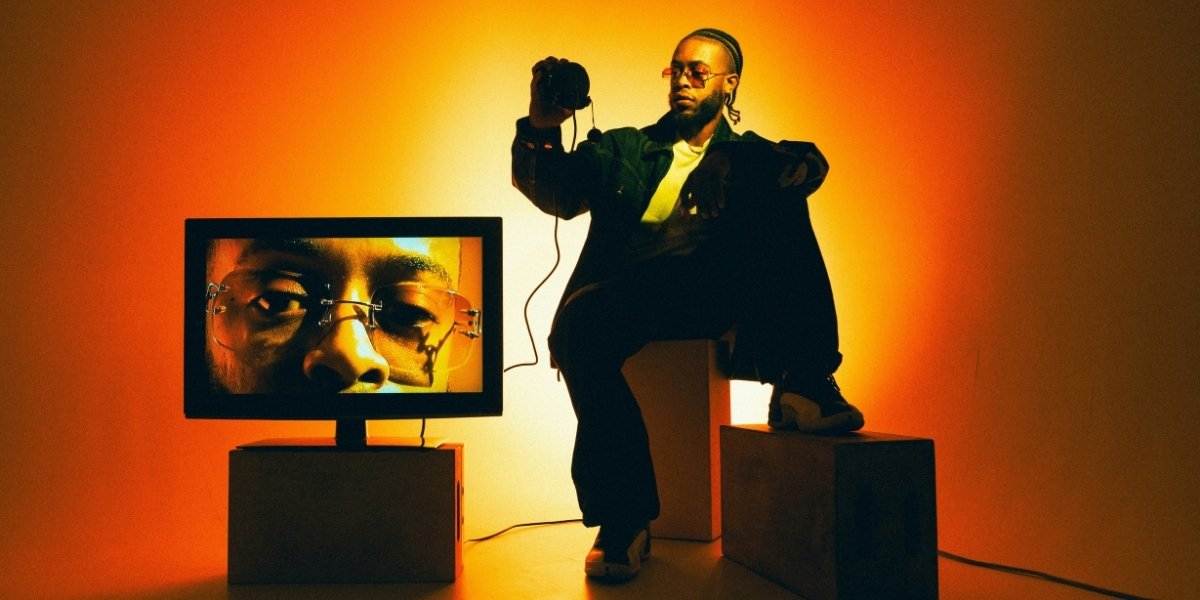How Did Medieval Faith Shape Spirituality?
The medieval period, spanning roughly from the 5th to the late 15th century, was marked by strong religious convictions that permeated nearly every aspect of life. Christianity, particularly in Europe, was the dominant spiritual framework, influencing not only personal beliefs but also political structures, social norms, and cultural expressions. During this era, spirituality was primarily centered on religious institutions, such as the Church, which acted as both a spiritual guide and a political power.
Medieval faith was characterized by devotion to God through rituals, prayer, and the adherence to Church doctrine. The concept of salvation, repentance, and divine judgment were central to the medieval understanding of spirituality. This period was also marked by the construction of grand cathedrals, the spread of religious art, and the proliferation of religious texts that conveyed the teachings of Christianity. For the medieval person, spirituality was not an individual pursuit but a communal experience within the framework of Church teachings and authority.
Read Also: Why Sustainable Destinations Are the Future of Travel
How Did the Renaissance Spark a Shift in Spiritual Thought?
The Renaissance, which began in the 14th century, brought with it a cultural awakening that significantly influenced spiritual beliefs. As the Renaissance emphasized humanism, the idea that human experience, reason, and creativity were worthy of exploration and cultivation, it began to challenge the Church’s authority over spiritual life. Scholars and thinkers like Erasmus and Martin Luther began to question the established religious norms, leading to significant theological shifts.
The Protestant Reformation in the 16th century, sparked by Martin Luther’s 95 Theses, challenged the Catholic Church’s practices, particularly the sale of indulgences. The Reformation created a splintering of Christian denominations, fostering the rise of individual interpretation of the Bible and a more personal connection to God. This movement laid the groundwork for the rise of modern spirituality, which emphasized direct personal experience with the divine over institutionalized religious practices.
What Role Did Enlightenment Thinking Play in Modern Spirituality?
The Age of Enlightenment, which spanned the 17th and 18th centuries, marked a pivotal period in the evolution of spirituality. During this time, intellectuals began to emphasize reason, individualism, and scientific inquiry, shifting the focus from religious dogma to human-centered knowledge. The Enlightenment challenged traditional religious beliefs and institutions, advocating for a more rational approach to understanding the world and the self.
Philosophers like René Descartes, John Locke, and Immanuel Kant promoted ideas of personal freedom, autonomy, and the power of human reason. This period saw the decline of the Church’s dominance over individual spiritual experiences and the rise of secularism. As a result, people began exploring spirituality outside of traditional religious boundaries, leading to the development of more individualized and diverse spiritual practices in the modern world.
How Did the Rise of Individualism Shape Modern Spiritual Practices?
The rise of individualism in the 19th and 20th centuries was a key factor in the transformation of spirituality. As people began to prioritize personal experience over collective rituals, spirituality became a deeply personal journey rather than one dictated by religious institutions. This shift led to the flourishing of new spiritual movements, including Transcendentalism, New Age practices, and various forms of Eastern philosophy and mysticism.
Individuals began seeking meaning, purpose, and connection through personal exploration, meditation, and self-awareness. The idea that each person could have a direct relationship with the divine or spiritual forces became more prominent. Modern spiritual practices, such as yoga, meditation, and mindfulness, focus on the individual’s inner journey and understanding of their place in the universe, rather than adherence to traditional religious authority.
How Did Globalization Influence Modern Spirituality?
In the 20th century, globalization played a major role in the evolution of spirituality. As cultures and ideas became more interconnected, people were exposed to a wide range of spiritual traditions and practices from around the world. This exposure led to a blending of different spiritual beliefs, creating a more eclectic and diverse spiritual landscape.
Eastern practices such as Buddhism, Hinduism, and Taoism began to influence Western spiritual thought, particularly in areas like meditation and mindfulness. The popularity of yoga, which originated in India, spread worldwide as people sought alternative spiritual practices that emphasized personal well-being and inner peace. This global exchange of ideas allowed modern spirituality to transcend traditional religious boundaries, creating a more inclusive and integrative approach to spiritual growth.
What Are the Characteristics of Modern Spirituality?
Modern spirituality is characterized by a focus on individual experience, self-exploration, and personal transformation. Unlike medieval faith, which was deeply rooted in external institutions and doctrines, modern spirituality emphasizes personal connection to the divine or the universe. It is often less structured and more flexible, allowing individuals to combine elements from various spiritual traditions.
Modern spiritual practices include mindfulness, meditation, energy healing, and alternative therapies, many of which aim to promote mental and emotional well-being. These practices are often integrated into daily life, offering a way to find balance and peace in a fast-paced, modern world. Additionally, there is a growing emphasis on holistic living, where spirituality is intertwined with physical, emotional, and social health.
How Has Technology Affected Modern Spiritual Practices?
In recent decades, technology has had a profound impact on the way people engage with spirituality. The internet and social media have provided platforms for people to connect with spiritual communities, access teachings, and share their experiences. Virtual meditation sessions, online yoga classes, and spiritual podcasts have made spiritual practices more accessible than ever before.
Technology has also allowed individuals to explore a wider range of spiritual traditions from around the world, expanding their understanding of different beliefs and practices. Apps that offer guided meditations, affirmation practices, and mindfulness exercises have become popular tools for incorporating spirituality into daily routines.
While technology has made spirituality more accessible, it also raises questions about the role of personal reflection versus the digital world. Some critics argue that excessive screen time and digital distractions can undermine the contemplative nature of spiritual practices, while others see it as an opportunity to reach broader audiences and foster spiritual connection.
What Are the Key Differences Between Medieval Faith and Modern Spirituality?
The key differences between medieval faith and modern spirituality lie in the role of religious institutions, the nature of spiritual experience, and the emphasis on individualism. Medieval faith was heavily structured by the Church and focused on communal worship, religious rituals, and adherence to religious authority. Spirituality during this period was guided by external dogmas and rituals that were dictated by the Church’s teachings.
In contrast, modern spirituality is more fluid and individualized. It emphasizes personal connection to the divine, self-discovery, and inner peace, often with less focus on organized religious practices. People today are more likely to blend elements from multiple traditions and create a personalized spiritual practice that resonates with them personally. The rise of individualism, scientific inquiry, and the global exchange of ideas has paved the way for a spirituality that is diverse, inclusive, and centered on personal experience.
Read Also: How Deforestation Contributes to Rising Global Temperatures
How Is Spirituality Continuing to Evolve in the Modern Era?
As society continues to evolve, so does spirituality. The increasing interest in mindfulness, wellness, and holistic health suggests that spirituality will continue to play a central role in how individuals navigate their lives. Many modern spiritual practices are being integrated into therapeutic settings, providing tools for mental and emotional well-being.
The blending of traditional religious teachings with new-age practices indicates that spirituality in the 21st century is a dynamic, evolving field. People are increasingly seeking to reconcile science and spirituality, viewing them as complementary rather than opposing forces. The future of spirituality may continue to embrace this integration, focusing on personal empowerment, mental health, and global consciousness.








